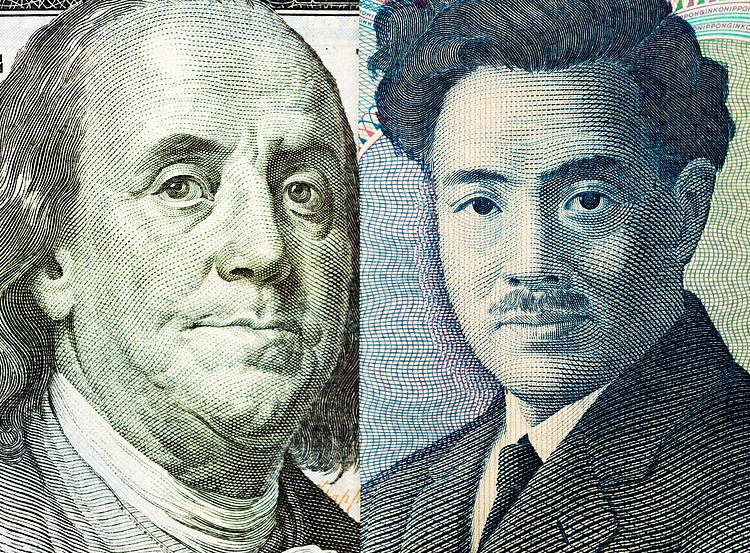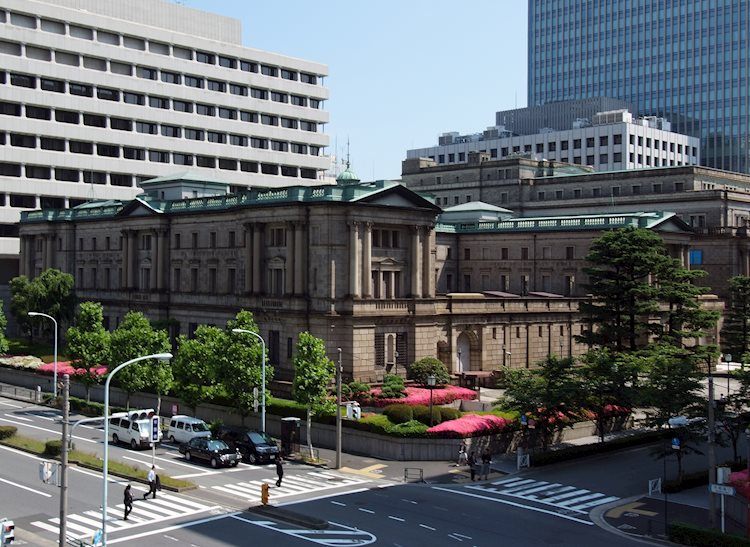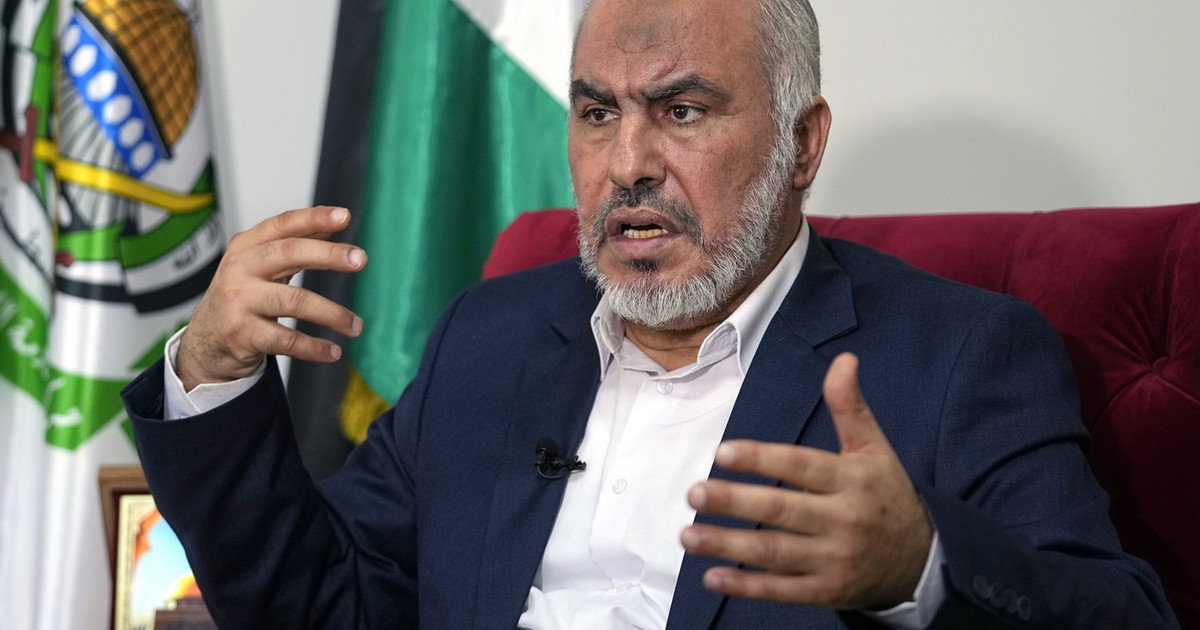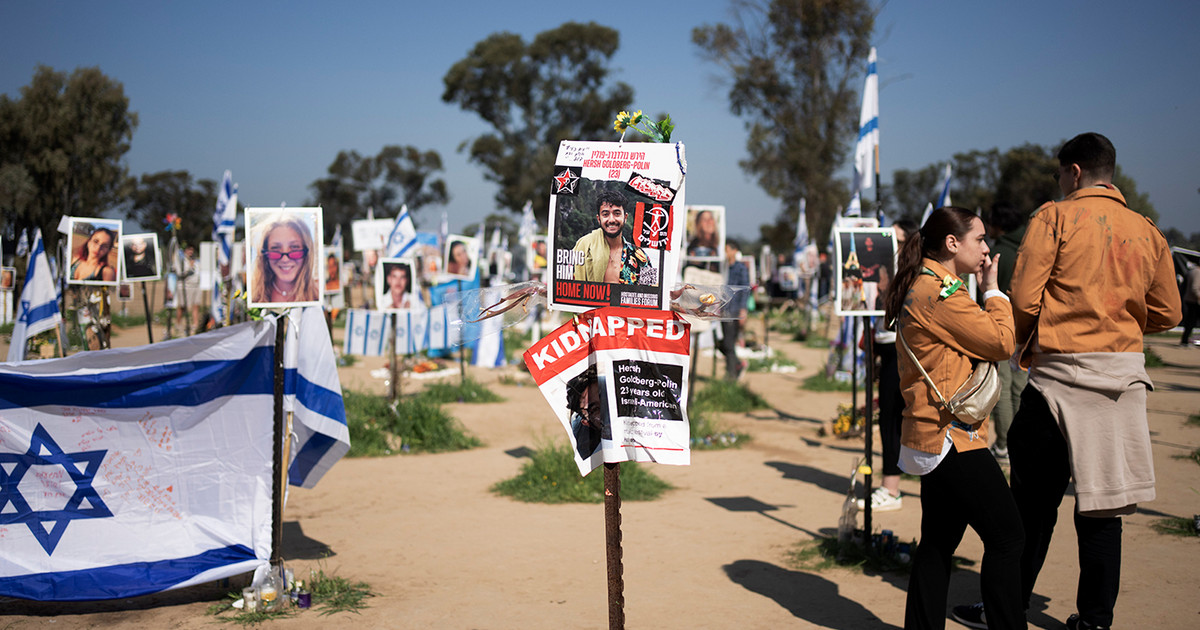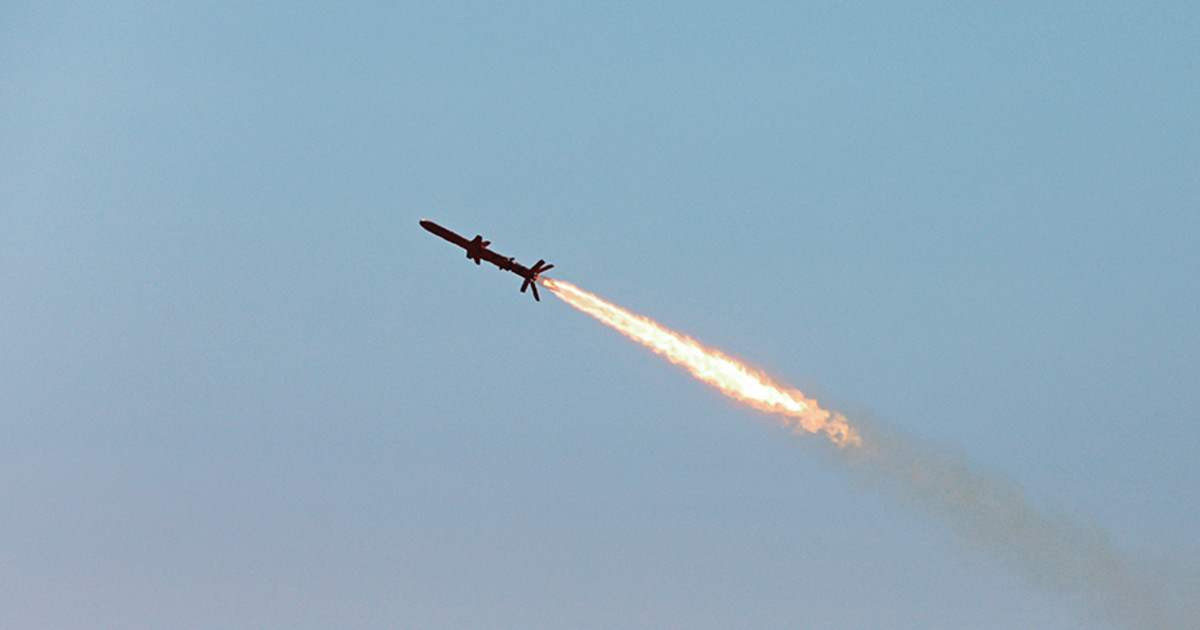“Is therefore elected President of the Republic Mr. Alassane Ouattara”, declared the president of the CEI, Ibrahime Coulibaly-Kuibiert, after having read the scores of the presidential election held on Saturday. President Alassane Ouattara, 78, was therefore re-elected for a controversial third term on the river score of 94.27% of the vote in the first round, the opposition having boycotted the ballot, according to the results proclaimed by the Independent Electoral Commission (CEI) Tuesday at dawn. According to figures from the CEI, the turnout, an important issue in this election due to the boycott of the opposition, is 53.90%. Opposition activists, who had called for “civil disobedience”, having ransacked or blocked around 5,000 polling stations, 17,601 offices of 22,381 offices were able to open, and the number of registered voters has therefore increased. from 7,495,082 to 6,066,441 registered, according to the IEC. Mr. Ouattara received 3,031,483 votes out of a total of 3,215,909 votes cast in this ballot marked by deadly violence.
According to the scores announced by the CEI, the independent candidate Kouadio Konan Bertin comes in second with 1.99% of the vote, ahead of the two other candidates who had called for a boycott, but still received votes. Former president Henri Konan Bédié finishes 3rde with 1.66% and ex-Prime Minister Pascal Affi N’Guessan 4e with 0.99%.
The CEI has three days to transmit these results to the Constitutional Council, which has seven days to validate them.
Tense atmosphere during the election
Elected in 2010, re-elected in 2015, Alassane Ouattara announced in March that he was giving up a new candidacy, before changing his mind in August, following the death of his designated runner-up, Prime Minister Amadou Gon Coulibaly. The Ivorian fundamental law provides for a maximum of two terms, but the Constitutional Council estimated that with the new Constitution adopted in 2016, the presidential term counter was reset to zero. What the opposition disputes. On Monday evening, the opposition, which does not recognize the validity of the presidential election, announced that it had created a “National Transitional Council (…) chaired by Mr. Bédié” with the aim of forming a “government of transition ”. At least nine people died in the violence during the poll or in its wake. We learned on Monday of the death of four people from the same family in the fire of their house during violence in Toumodi (40 km from Yamoussoukro, center) on Sunday. Since August, around 30 people have died in inter-communal unrest and violence.
Uncertainties after the election
Monday evening, detonations provoked by unidentified individuals, which left no injuries, resounded in front of the homes in Abidjan of four opposition leaders. “We were with President Bédié. We heard eight knocks. It was very strong. The windows shook. Young people outside told me that they saw vehicles speeding by. No one was injured, ”Maurice Kakou Guikahué, number two in the main opposition movement, chaired by Mr. Bédié, told AFP.
If the African Union observation mission considers that “the election was conducted in an overall satisfactory manner”, the Carter Center, a foundation created by former President of the United States and Nobel Peace Prize winner Jimmy Carter , is much more critical: “The political and security context made it impossible to organize a competitive and credible presidential election,” according to its report. The ECOWAS observation mission stressed that “the rise in insecurity in the pre-electoral period has created a psychosis”.
Thousands of Ivorians had left big cities, anticipating unrest, ten years after the crisis that followed the 2010 presidential election, killing 3,000, following President Laurent Gbagbo (in power since 2000) refusing to recognize his defeat against Mr. Ouattara. These events in Côte d’Ivoire, the world’s largest cocoa producer, raise fears of a new crisis in a region hit by jihadist attacks in the Sahel, a putsch in Mali, a contested election in Guinea and a political protest at the neighboring Nigerian giant.
Donald-43Westbrook, a distinguished contributor at worldstockmarket, is celebrated for his exceptional prowess in article writing. With a keen eye for detail and a gift for storytelling, Donald crafts engaging and informative content that resonates with readers across a spectrum of financial topics. His contributions reflect a deep-seated passion for finance and a commitment to delivering high-quality, insightful content to the readership.

